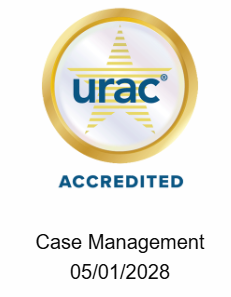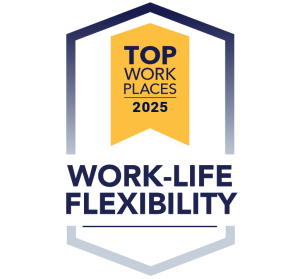By: Renée M. Dain, Senior Vice President, Communications and External Affairs
Planning ahead can feel overwhelming, but it’s one of the greatest gifts you can give your loved ones—and yourself. Whether you’re creating your first Advance Directive, updating an existing Power of Attorney, or exploring alternatives to guardianship, starting the conversation is a crucial first step.
Advance Directives allow you to express your preferences for medical care and appoint a healthcare agent. These documents can be made effective either:
- Immediately upon signing, or
- Once two doctors certify that you can no longer make decisions for yourself.
Importantly, making your directive effective immediately does not override your ability to make decisions while you are competent—it simply avoids the need for medical evaluation when you’re not.
Advance Directives must be completed while you are still of sound mind, and require careful storage and sharing—particularly with healthcare providers and trusted family members.
What Happens When No Plan Is in Place?
If someone becomes incapacitated and doesn’t have an Advance Directive Maryland’s Surrogate Decision-Making law determines who will make decisions—starting with a legal guardian, spouse, or adult children, in that order. However, this can become complicated and lead to delays or disputes.
In some cases, Guardianship becomes necessary. Guardianship is a legal process where a court appoints a person to make decisions on behalf of someone who is no longer capable. This can involve decisions about healthcare, living arrangements, and finances. It’s a significant legal step and should be considered carefully, especially when other options, like supported decision-making, are viable.
An Emerging Alternative: Supported Decision-Making
Supported Decision-Making is an empowering approach that allows individuals with disabilities to make their own decisions with the help of trusted supporters. Rather than replacing decision-making authority, it reinforces autonomy while still providing necessary assistance. This is a particularly helpful option for those who want to avoid guardianship when possible.
Take the Next Step
Documents like Advance Directives are powerful tools, but they only work if you:
- Understand the terms and your options
- Complete them thoughtfully
- Communicate your wishes to others
- Store and share them appropriately
There are many resources available in Maryland to help with this process, including:
- Maryland Attorney General’s Advance Directive Forms
- Maryland MOLST Overview
- Maryland Legal Aid
- Disability Rights Maryland
Learn More
Join us for our next Community Enrichment Series: Turning Planning into Action: Decision-Making Documents & Considerations on July 15, 2025, Noon – 1:00 p.m. with by: Tanjen Walker, Program Manager and Megan Bazzett, CFP Program Director at The Coordinating Center. This webinar is designed to help you understand the nuances of various decision-making documents. Learn how certain decision-making considerations may help drive the path for you and your loved ones to ensure your wishes are honored. Click HERE to register.







